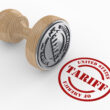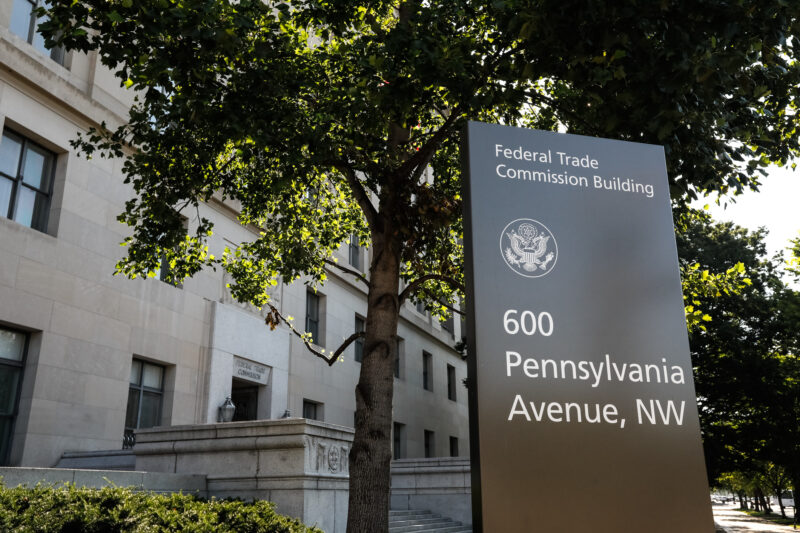The Federal Trade Commission filed its briefing in response to the NADA and Texas ADA lawsuit on the enforcement of the Combatting Auto Retail Scams rule this week in the Fifth Circuit of the U.S. Court of Appeals.
The NADA and TADA will have until June 13 to respond. No firm date has been set by the court for oral arguments. A stay is currently in place by the FTC to hold off enforcement of the rule until the court provides a ruling.
NIADA and Texas IADA have joined the effort to stop the Federal Trade Commission from enforcing the vehicle shopping rule. NIADA and TIADA filed an amicus brief to the NADA and Texas ADA lawsuit in the Fifth Circuit, asking for the rule to be vacated.
“Every NIADA member works to promote a transparent and good experience for their customers,” said John Fullo, Executive Director of the TIADA previously. “The CARS Rule states these same goals, but in reality, it is overly burdensome and just results in more paperwork for the consumer and dealer thereby making the already paper-filled process to purchase a vehicle more time-consuming. We appreciate the opportunity to work with NIADA and support the Texas Automobile Dealers Association in their endeavor to overturn the CARS Rule.”
The filing by the NIADA and TIADA pointed to the harmful impacts on dealerships and consumers if the rule is put in place.
Consumers will see vehicle price increases due to the increased dealer requirements for disclosures and recordkeeping. They will also be faced with a more time-consuming and confusing sales experience, as dealers maneuver the disclosures, including providing an offering price and monthly payments in any discussion of a vehicle.
Consumers, who already have limited options, may find it impossible to secure financing as banks and third-party creditors reduce the funding to dealers lacking the resources to meet the requirements of the rule.
NIADA dealer members, more than 80 percent who employ less than 10 employees, will be faced with considerable costs from the rule, including professional fees from attorneys and IT personnel and record-keeping storage. Dealers may also see a decline in sales due to the extended sales process with the added disclosures and the repeating of the underwriting procedure for every vehicle inquiry.
The increased time spent covering the many disclosure requirements could also limit the amount of customers sales personnel may serve, impacting compensation and the overall performance of the dealership.
The rule’s impact could lead to the closure of many small dealerships due to loss of revenue and credit tightening. The loss of potentially thousands of dealerships will create ripple effects throughout the economy and in communities of all sizes.
“NIADA’s goal was to explain to the court the significant impact the rule would have on independent dealers,” said NIADA CEO Jeff Martin. “We did that by interviewing BHPH and retail dealers of various sizes and geographic locations to give a true representation of the industry. We appreciated the opportunity to collaborate with TIADA and were happy to support TADA and NADA. We will be offering more updates during our convention in June.”










